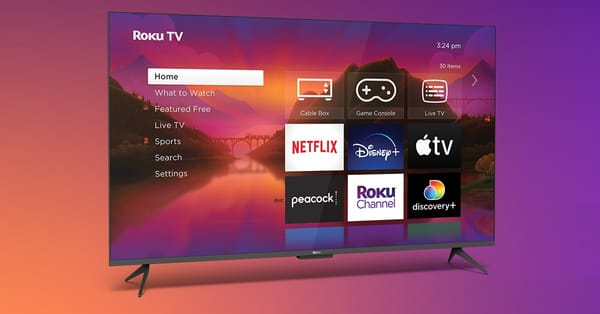What Is the Difference Between MCM Managed Account and MCM Managed Inventory?
Publishers may delegate management of their Ad Manager network to a third party upon request. This establishes a parent-child relationship where the network that requested access is the "primary publisher" and the network that granted them access is the "secondary publisher". Ad Manager publishers can monetize using third party vendors who consult, represent and manage networks or inventory on their behalf.
Manage Account Delegation
As a Child publisher, when you allow the MCM partner on the ‘Manage Account’ level, you are giving them direct access to monetize and manage all the ad inventories from their account. Besides:
- You can agree on the revenue-share model ranging from 0% to 100%. Please note that if you agree to this, it will apply to all the websites within the account.
- You will have one MCM partner for one account.
- You will have to use your own Google Ad Manager tags.
- You will receive the payment based on the revenue-share agreement via auto-payment methods. Your MCM partner will get their payment separately.
Manage Inventory Delegation
With this delegation type access, you:
- Will allow the MCM partner to monetize a portion of your ad inventories on behalf of you in their account. The ad trafficking will be done by the partner, but you will not be able to view the settings.
- Can have up to 15 MCM partners. However, an MCM partner will not have access to your account.
- Will have to use Ad Manager tags of the MCM partner’s account.
- Your payment will be done by the MCM partner.
Manage Inventory or Manage Account?
Now the natural question would be: what type of delegation should you choose? Well, it depends on the publisher. As you can see, depending on the type, the way the MCM partner works with you changes. In addition, the right partner, not just the type of delegation, makes the difference to your sales. Especially if you choose "Manage Account", you are relying on only one partner who delivers the results.




